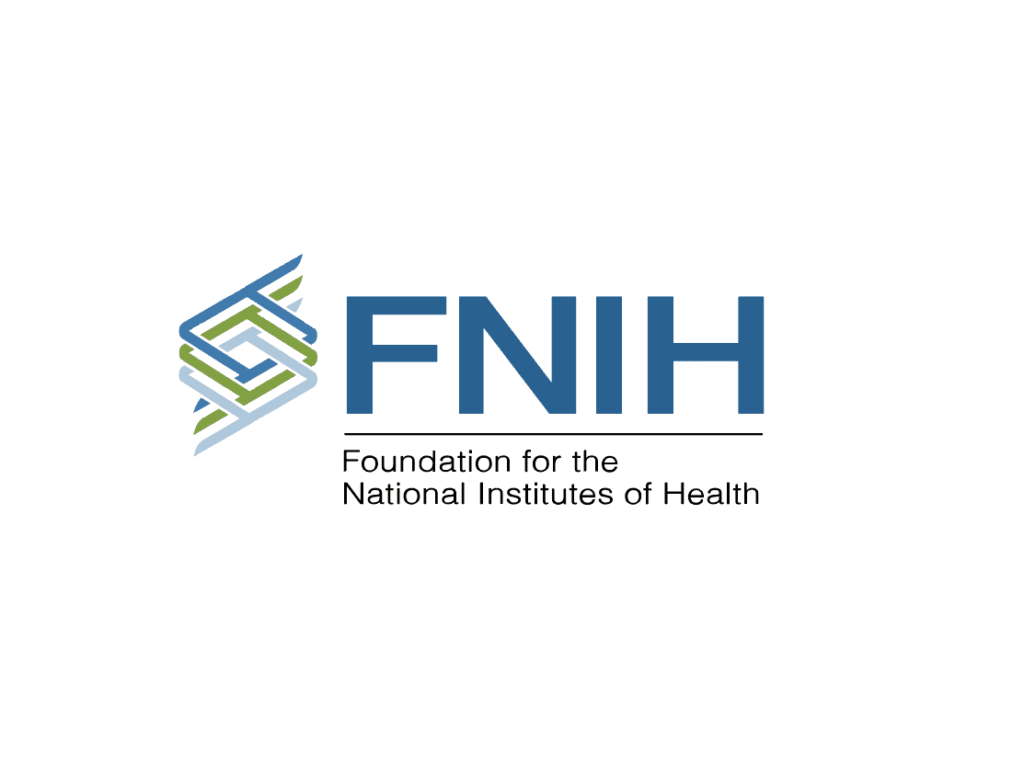

Food for Thought: The NHC Research Brief Series Explores How to Integrate Nutritional Health into Patient Centered Care
By: Lillian L.Q. Witting, MPH, Coordinator, Research, Education and Programs
Food, hunger, and health are inextricably linked. In 2023, it was reported that about 27% of Americans sometimes or often did not have enough to eat, about a 12% increase from June 2022. Dietary behaviors and food security — or the ability of a household to access healthy, nutritious food — are rising public health issues, with strong associations with chronic diseases like cancer, chronic kidney disease, and other cardiometabolic conditions. These factors can also affect the lifestyle of patients with nutrition-related diseases such as obesity, Crohn’s, and diabetes. While anti-hunger groups, like Feeding America, have risen to the challenge by spearheading a national annual campaign named Hunger Action Month every September, the health care system has been slow in adopting and providing proactive and holistic nutrition care.
Providers are on the front lines of shifting toward nutrition care. Nutrition training and education, increased interaction with other nutrition health specialists, and access to quality evidence-based nutrition research are essential to increasing nutrition knowledge to providers not experienced in this area. Additionally, it is also crucial to recognize the barriers and disparities that patients face when prescribed nutritional advice. As the importance of nutritional care increases, patient groups have an opportunity to help shape programs and policies that will impact the long-term health of patients.
This week, the NHC will be publishing Issue 3 of its research brief series titled High Hanging Fruit: Integrating Nutritional Health, Policy, and Education in Patient-Centered Care. This brief addresses the current gaps and disparities in nutrition care and provides recommendations for a variety of stakeholders to expand patient care and improve a system of care that better integrates and supports nutritional health.


